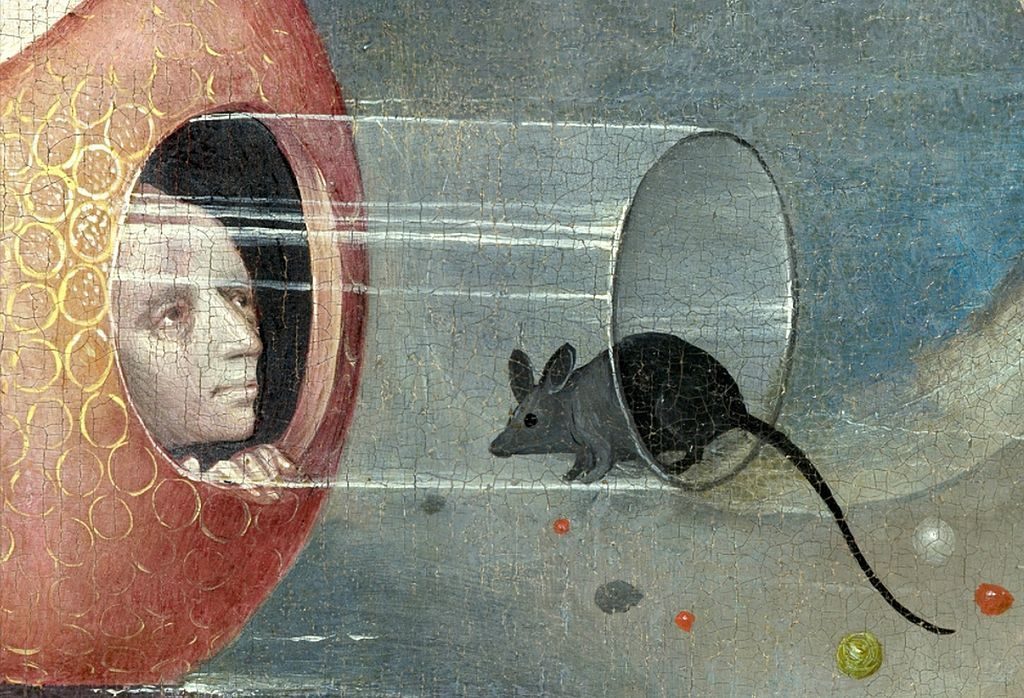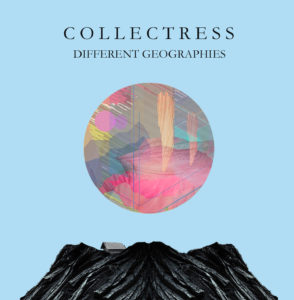
A new decade, and the year is flying past already. I intended to write something full of enthusiasm and positivity at the beginning of January, but at that point I was still clumping about in a walking boot and using crutches so it had to wait. I didn’t do my usual ‘records of the year’ for last year either (well I did, but not for this website), and the moment for that has definitely passed. For what it’s worth, my favourite album of the decade 2010-2019 was quite possibly Das Seelenbrechen by Ihsahn. But anyway, it’s Lunar New Year and I’m back in normal shoes, so Happy New Year!
I didn’t make any resolutions as such this year, my general aims though are to read more, write more and resist any of the normalisation of right wing extremism that seems to be carrying seamlessly over from last year. This week the BBC has a show where Ed Balls hangs around with various actual and quasi Nazis (maybe in the name of balance they should send Michael Portillo to hang around with some communists? On a train, if that’s what it takes*), while Channel 4 seems to think what Britain needs is more TV shows about Nigel Farage, presumably trying to get the most out of him while he still has any kind of relevance as a public figure.
* at this point, Around The World With Alan Partridge In A Bullnose On The Left barely feels like parody
So anyway, I am as always working on long, convoluted articles on various topics that aren’t yet finished, so this will be more in the nature of some brief notes and so forth.
In the holidays I re-read (the first time since childhood) the first three books in Joan Aiken’s Wolves Chronicles, set in an alternative early 19th century Britain where the Stuart monarchy was never deposed and “Jamie III”, sits on the throne. As the series starts, the country has been overrun by hungry wolves fleeing the Russian winter that have arrived through the recently completed channel tunnel (younger readers may need to be reminded that it was in reality completed in 1994). I mention the books (which are much as I remember them; entertaining, well-written and a bit silly) mainly for this passage near the beginning of The Wolves of Willoughby Chase, which, like the young heroine, I have remembered all my life (so far) – although I didn’t know where it was from and vaguely thought it must be Leon Garfield or even CS Lewis. The book is also, it turns out, the place I remember possets (Victorian hot curdled drinks) from. I’ve still never had one – they sound revolting – but reading about them made them seem desirable again.
There was something magical about this ride which Sylvia was to remember for the rest of her life – the dark, snow-scented air blowing constantly past them, the boundless wold and forest stretching away in all directions before and behind, the tramp and jingle of the horses, the snugness and security of the carriage, and above all Bonnie’s happy welcoming presence beside her
Joan Aiken, The Wolves of Willoughby Chase, 962, p.44-5
In the sadly non-alternative present, Britain has a ridiculous prime minister every bit as pantomime-villain-like as Aiken’s villains are (she goes in for the kind of Dickensian villain names that seem to preclude the character from being good: “Miss Slighcarp” being the classic example) and the government is issuing with a typical and, presumably deliberate sense of bitter irony, this coin to commemorate the victory of insularity, xenophobia and – most importantly – protecting the financial interests of a small coterie of people at the centre of power:

In non-alternative Britain, somehow accusations of child abuse do not constitute a ‘royal crisis’ while two of its members making vague gestures towards some kind of unobjectionable normal life does; and maybe this is right. The idea at the heart of monarchy and aristocracy (that is, aristokratia; ‘rule of the best’) is by definition about not being ‘normal’ so perhaps, as we get further and further from the days when the monarchy involved some kind of mystical aspect and what Monty Python (RIP Terry Jones) called ‘supreme executive power’ we should expect all kinds of by-normal-standards transgressions to appear and not be seriously acknowledged by the royals and their fans, while (admittedly approximate) attempts at living ordinary lives will be punished.
I have no intention of going into serious political discussions here because I don’t want to, but 2020 has seen a minor shift in my own political views, insofar as, although I still regard (and I guess always will) nationalism of any kind as regressive and illogical, if there was to be another independence referendum in Scotland tomorrow, I would vote in favour of independence. Not without regret, as I fundamentally believe in internationalism and the principles mocked on the Brexit coin; but at some point, if the government that people vote for is not the one they get – and despite the apparent landslide won by Johnson and co, their support in Scotland is minimal – then something is fundamentally wrong with the system. That said, I’d be wary of writing off the Tories’ 25% of Scotland’s vote as insignificant; 690,000 people is a lot, even in a country of over 5 million. Overall in fact, the Scottish election results echo those of Britain as a whole, with the most noticeable feature being the collapse of anything resembling a left wing movement, depressingly. But anyway; in the unlikely event that a referendum is given by the current parliament, I hope the lessons of Brexit will be learned and that an independence campaign can well-informed and practical, but also optimistic and aspirational, rather than overwhelmingly negative and defined by the things people don’t want/like/believe in. Too much to ask, perhaps.

Onto more positive things; my friend Paul, who introduced me to the Nouveau Roman, has written a nice introduction to the movement here, which means I have more things I need to read; luckily, I have rejoined a library for the first time in over a decade. And the experimental string group Collectress have finally followed up my favourite album of 2014 (Mondegreen) with Different Geographies, out on 6 March via Peeler Records. It’s a beautiful, mysterious, allusive and elusive record; I’ve not really absorbed it yet, but here’s a nice video –
https://www.youtube.com/watch?v=3Nf0P8HHsAQ&feature=youtu.be
So, to sum up; it’s all a bit of a mess, but it’s a new year and a new decade, so one might as well be positive and try to do good things. Will write more soon.







